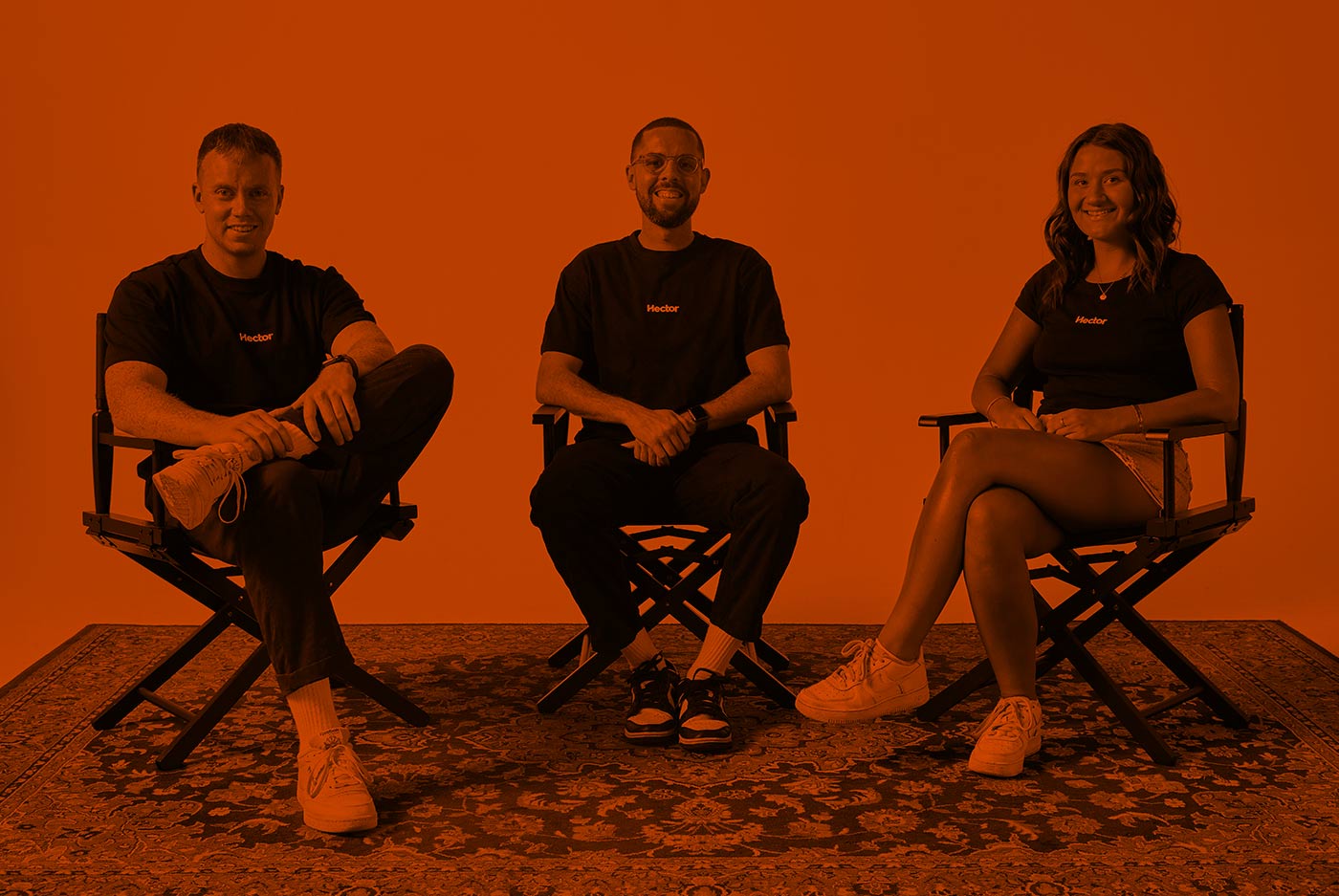Hiring and acquiring great talent is a lengthy process – and doesn’t always guarantee success.
Especially in challenging markets, many recruitment companies are looking to ensure that their teams are lean as opposed to hiring en masse.
However, for a lot of recruitment companies, long-term training and development can often take a back seat – especially if your agency is a size that is too small for an in-house training function.
As recruiters, we are all used to being put through pretty much the same training programme – how to talk on the phone, crafting great emails, business development and candidate management.
For a lot of recruiters who start to hit their third or even fourth year of billing, the hands-on training naturally drops off.
This can then create an imbalance and also a bottleneck for development – meaning that the whole team ends up hitting a glass ceiling instead of growing together.
If you’re in a position where making new hires isn’t on the cards, you need to ensure that you’re investing in your people – no matter what stage of their career they’re at.
How can you get the most out of your current team?
Ensure equal client distribution: land & expand
“80% of your clients shouldn’t be acquired by 20% of your team”
You have a team for a reason – and that’s to work together on maximising your clients and key accounts. People shouldn’t be gatekeeping line managers or relationships because at the end of the day, nobody benefits from this approach.
Instead, a strategic approach should be taken to client relationships and business development – a core team should be used as a point of contact but equally, the rest of the business should have a clear idea on how they can get involved in each client.
Landing and expanding will not only enable you to retain clients better, but it will also enable everybody to win and embed themselves into your client roster.
Your clients’ happiness and customer service should be a #1 priority, and even smaller accounts take the work of a team – you cannot expect for it to be managed effectively by one or two people.
Create intentional space to share what is (and isn’t) working
If it isn’t broken, don’t fix it.
But, if it is broken – why are we not communicating this?
Regardless of your team size, you need to ensure that intentional space and open conversation is had to raise grievances and also to share ideas/things that are working.
Our industry has changed a lot even over the past three years – and we should all be working together to help each other internally and share things that are working. If things aren’t, what solutions can be brought to the table?
You want to have a team that feels unified and aligned, not a team that feels disjointed.
Utilise incentives and gamification effectively – it shouldn’t be overkill
Incentives can be a great way to motivate your team and also incentivise them to perform better – but they should be used in moderation as a purpose to boost, rather than seen as a day-to-day activity.
Sometimes, incentives can breed toxicity, especially if you have a wide variety of team members and personalities.
Not everybody is going to respond well to constant incentives and gamification – choose your timings wisely.
Relinquish control
No one wants a micromanager, and no one wants to feel like they’re being controlled – especially in a recruitment environment.
Of course, there needs to be an element of managerial oversight, but consistently controlling your team members and trying to predict outcomes is the definition of “hot air”.
You will get no-where with this approach.
Allow people in your team to make mistakes, lead from the front, and guide them where necessary.
Relinquishing control will also enable you as a leader to grow and develop which will inadvertently benefit your team in the long-term.
Use data
Data is king, and if you aren’t measuring your team’s performance, then how are you supposed to equip them with the tools they need to succeed?
Your CRM should be a core focus ensuring that it is coded properly, people are utilising it effectively, and you’re regularly using it as a point of reference to demonstrate growth (or show areas for growth).
Equally, this data should be shared and be able to be accessed by all, so even on an individualised and personal level data is being utilised.
See how Hector can help you maximise the potential of your teams.




